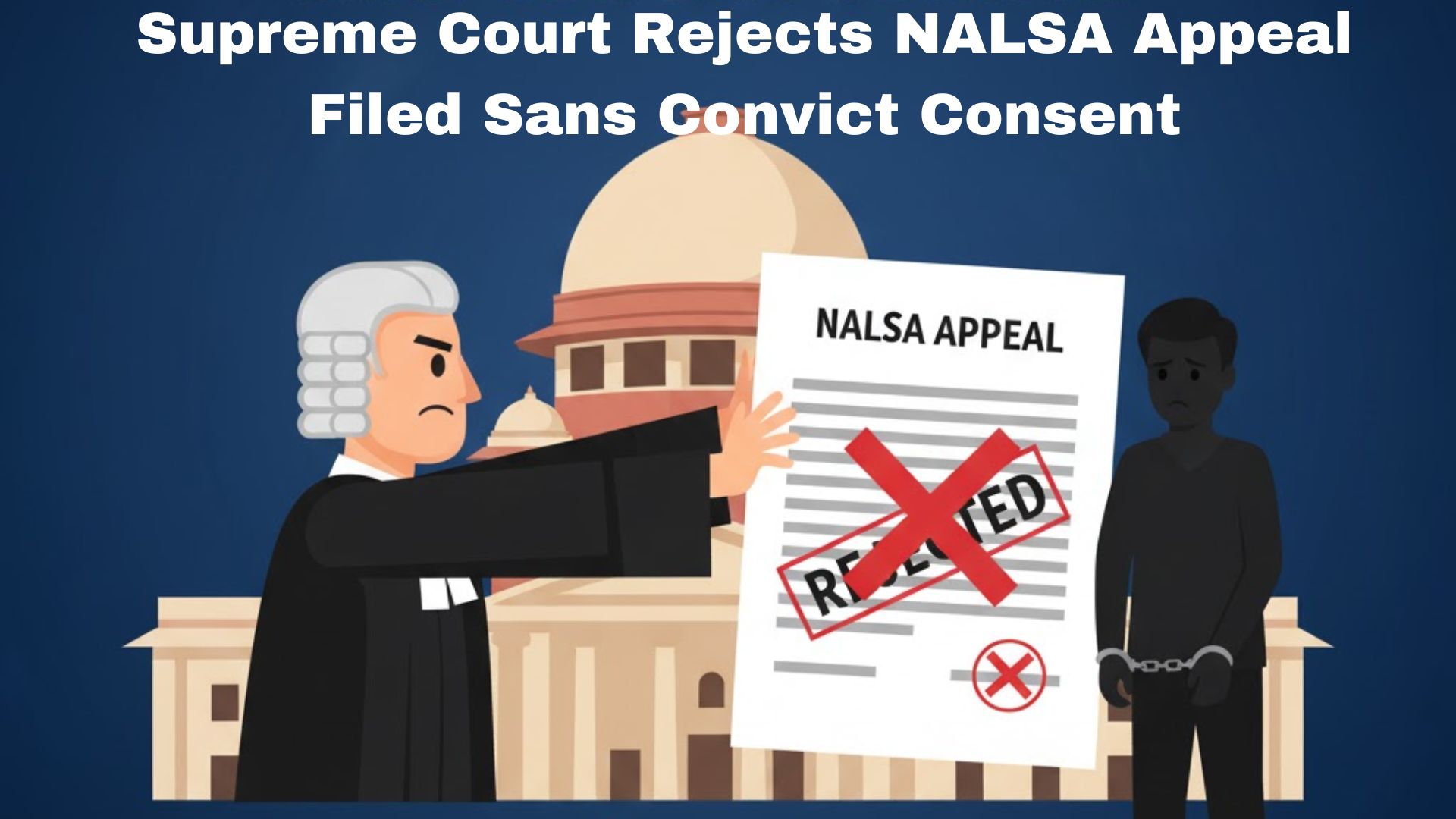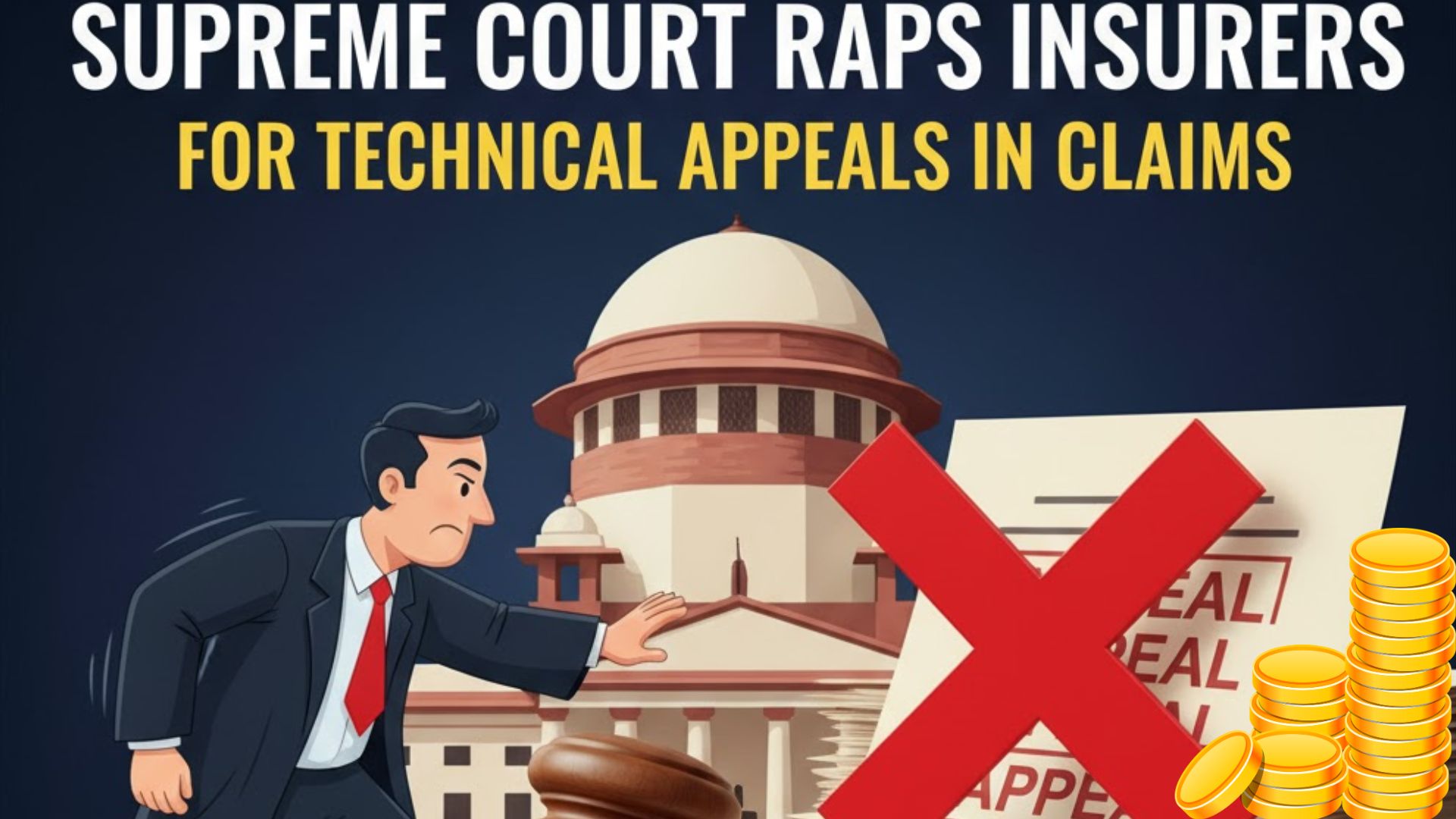1. Petitioner submitted nomination for the election to Nandiyodu Grama Panchayat from Ward No.16. The nomination submitted by the petitioner has
been rejected by the Returning Officer as per Ext.P1 order holding that the petitioner is disqualified from being chosen as a member of the Panchayat.
The case of the petitioner is that the aforesaid finding of the Returning Officer is incorrect and unsustainable. The petitioner challenges Ext.P1 order
of the Returning Officer on that ground in the writ petition.
2. Heard the learned counsel for the petitioner as also the learned Standing Counsel for the State Election Commission.
3. The learned Standing Counsel for the State Election Commission has raised a preliminary objection as to the maintainability of the writ petition.
According to him, in the light of Article 243-O(b) of the Constitution, the writ petition is not maintainable.
4. Article 243-O of the Constitution reads thus:
“243-O. Bar to interference by Courts in electoral matters.â€
Notwithstanding anything in this Constitution,â€
(a) the validity of any law relating to the delimitation of constituencies or the allotment of seats to such constituencies, made or purporting to be made
under article 243K, shall not be called in question in any court;
(b) no election to any Panchayat shall be called in question except by an election petition presented to such authority and in such manner as is provided
for by or under any law made by the Legislature of a State.â€
It is seen that the question whether the jurisdiction of the High Court under Article 226 of the Constitution could be invoked to challenge an improper
rejection of a nomination paper, while the election is in progress, has been answered in the negative by a Constitution Bench of the Apex Court in
N.P. Ponnuswami v. The Returning Officer, Namakhal Constituency, Namakkal, Salem Dist [AIR 1952 SC 64], in the context of the pari materia
provision in Article 329(b) of the Constitution, holding that irregularities vitiating the election cannot be made the subject matter of a dispute before any
court while the election is in progress. In Mohinder Singh Gill and another v. The Chief Election Commissioner, New Delhi and others [AIR 1978 SC
851], another Constitution Bench of the Apex Court however demarcated the area which is available for interference by the High Court under Article
226 of the Constitution. The relevant passage of the judgment dealing with the same reads thus:
But what is banned is not anything whatsoever done or directed by the Commissioner but everything he does or directs in furtherance of the election,
not contrary wise. For example, after the President notifies the nation on the holding of elections under S.15 and the Commissioner publishes the
calender for the poll under S.30, if the latter orders Returning Officers to accept only one nomination or only those which come from one party as
distinguished from other parties or independents, is that order immune from immediate attack. We think not. Because the Commissioner is preventing
anelection, not promoting it and the Court's review of that order will facilitate theflow, not stop the stream. Election, wide or narrow be its connotation,
means choice from a possible plurality monolithic politics not being our genius or reality, and if that concept is crippled by the Commissioner's act, he
holds no election at all.
In Manda Jaganath v. K.S.Rathnam and thers [AIR 2004 SC 3600], after referring to Mohinder Singh Gill, the Apex Court held, in the context of a
decision taken by the Returning Officer in declining to allot to a candidate the symbol reserved for his political party, that the question whether the
Returning Officer is justified in taking such a decision is not a matter for the High Court to decide in exercise of its writ jurisdiction. Paragraph 12 of
the judgment in the said case dealing with the said conclusion reads thus:
12. In our opinion, whether the Returning Officer is justified in rejecting this Form B submitted by the first respondent herein or not, is not a matter for
the High Court to decide in the exercise of its writ jurisdiction. This issue should be agitated by an aggrieved party in an election petition only.
After arriving at the conclusion aforesaid, referring to the passage from Mohinder Singh Gill extracted above, the Apex Court has explained in Manda
Jaganath, the scope of interference under Article 226 of the Constitution thus:
Of course, what is stated by this Court hereinabove is not exhaustive of a Returning Officer's possible erroneous action which are amenable to
correction in the writ jurisdiction of the Courts. But the fact remains that such errors should have the effect of interfering in the free flow of the
scheduled election or hinder the progress of the election which is the paramount consideration. If by an erroneous order conduct of the election is not
hindered then the Courts under Art.226 of the Constitution should not interfere with the orders of the Returning Officers, remedy for which lies in an
election petition only.
In the light of Article 243-O(b) of the Constitution and the decisions of the Apex Court referred to above, I am of the view that only if the impugned
decision/action has the effect of interfering in the free flow of the scheduled election or hinder the progress of the election, this court would be justified
in entertaining the writ petition.
The case on hand does not satisfy the aforesaid requirement of law. An adjudication on the issue as to whether the petitioner suffers any
disqualification cannot be undertaken by this court while the election is in progress. The writ petition, in the circumstances, is devoid of merits and the
same is accordingly dismissed. It is, however, made clear that this judgment will not preclude the petitioner from challenging the decision impugned in
the writ petition in an election petition instituted in accordance with the relevant statute.

